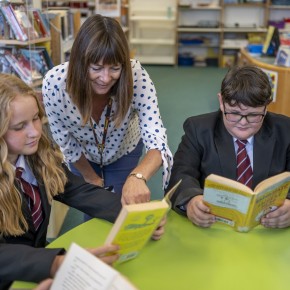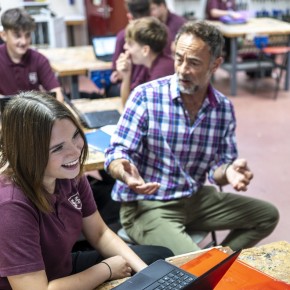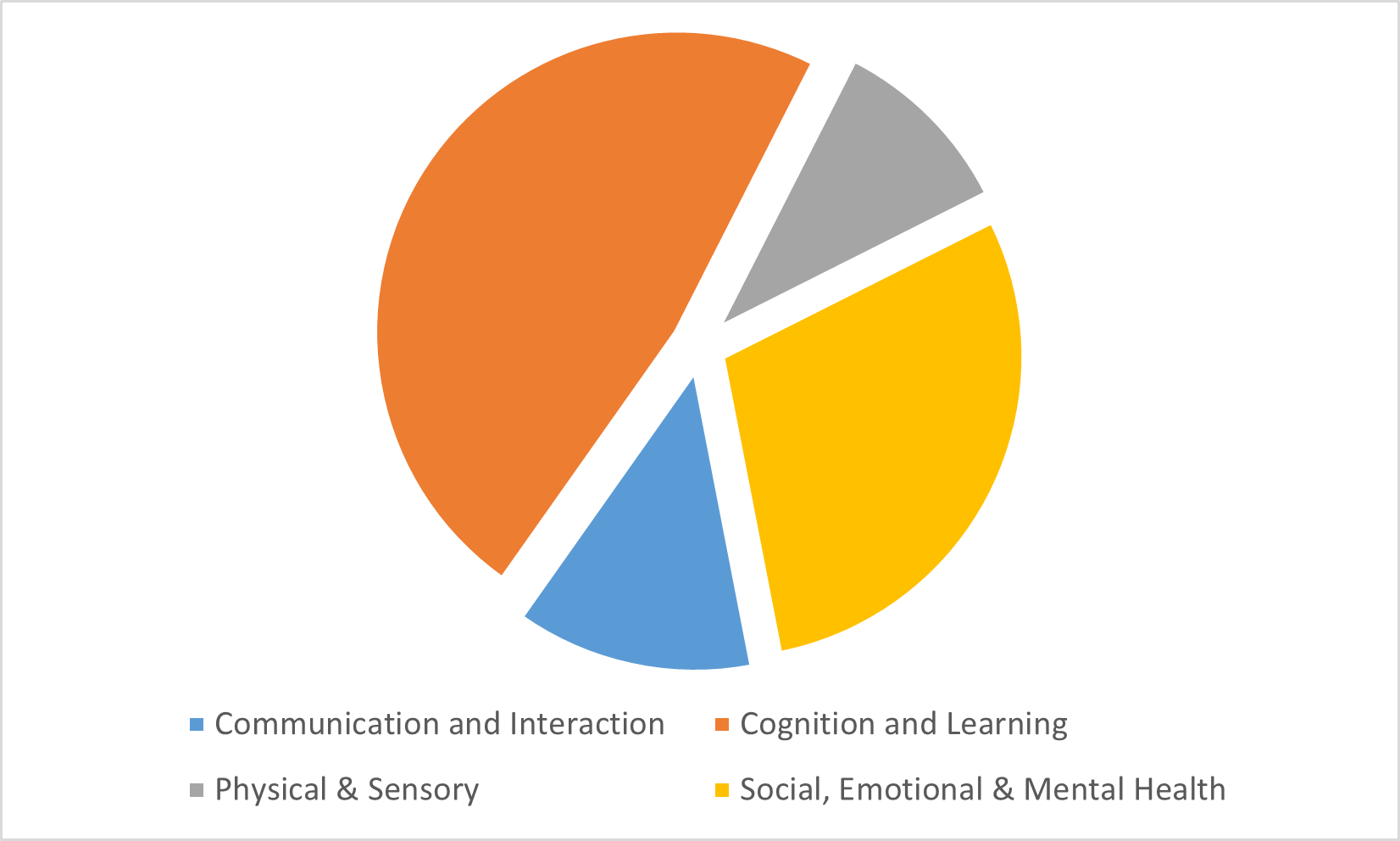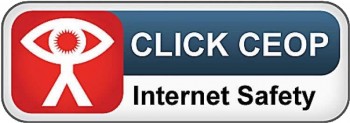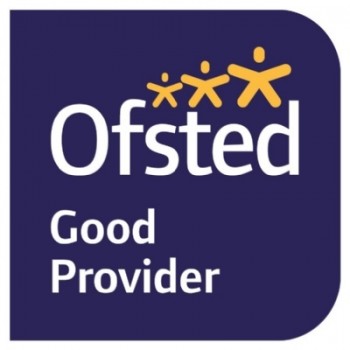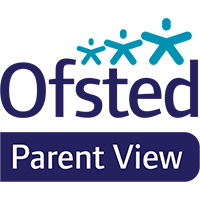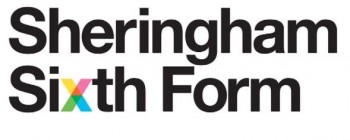At Sheringham High School, we believe in participation and progress for all. We want all adults and students to participate in learning and we celebrate all members of our community. We want to create an inclusive culture in our school and we aim to be more responsive to the diversity of students’ backgrounds, interests, experience, knowledge and skills.
We value high quality first teaching for all students and actively monitor teaching and learning in the school. For more information on our approach, please see our teaching and learning policy on this website.
As part of the school’s plan for continued professional development, staff are offered updated training, advice and strategies on how to meet the needs of all students. We also work with external partners who provide up to date training for any incoming or developing needs which may require specialist support.
We aim to create a learning environment, which is flexible enough to meet the needs of all members of our school community. We monitor progress of all students, and staff continually assess to ensure that learning is taking place. Our whole school system for monitoring progress includes regular pupil progress meetings, while form tutors undertake a mentoring and supervisory role.
At Sheringham High School, we value:
Learning for all.


